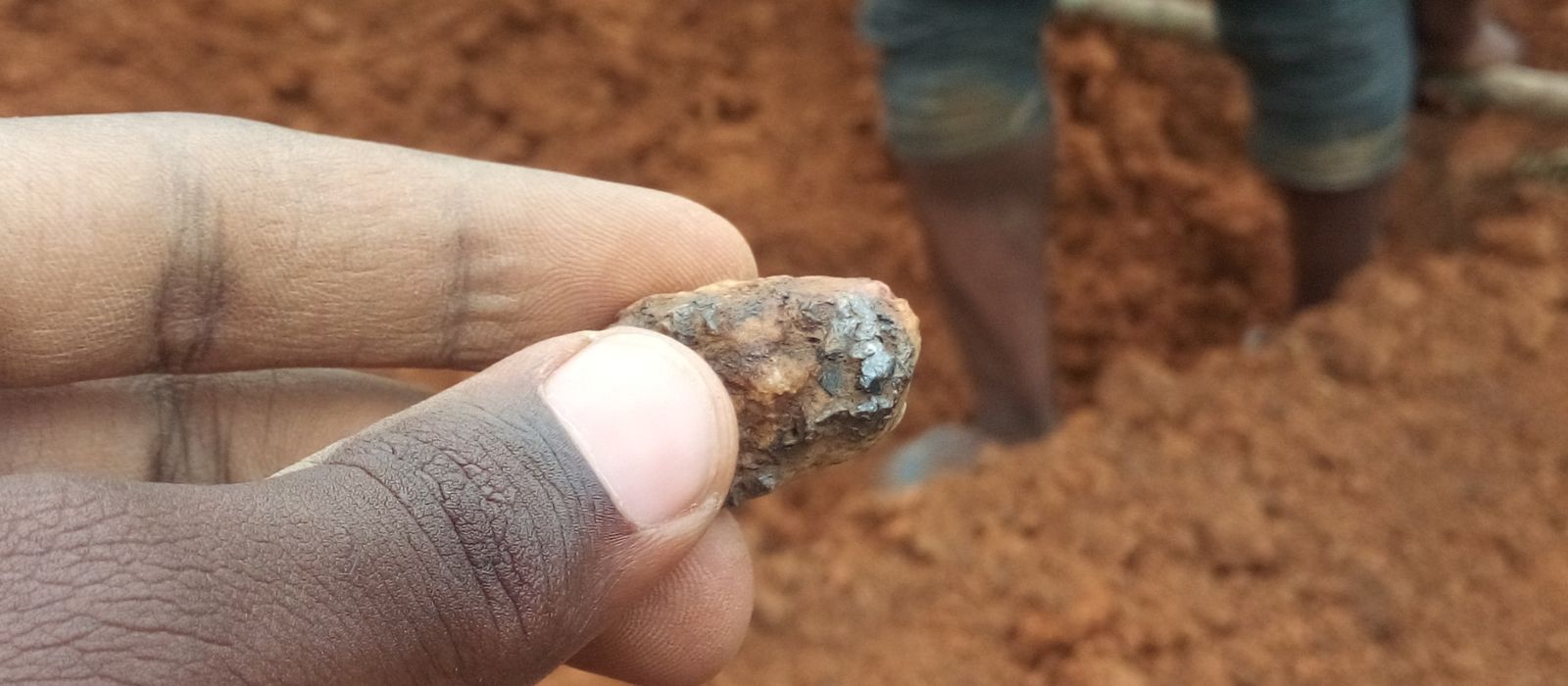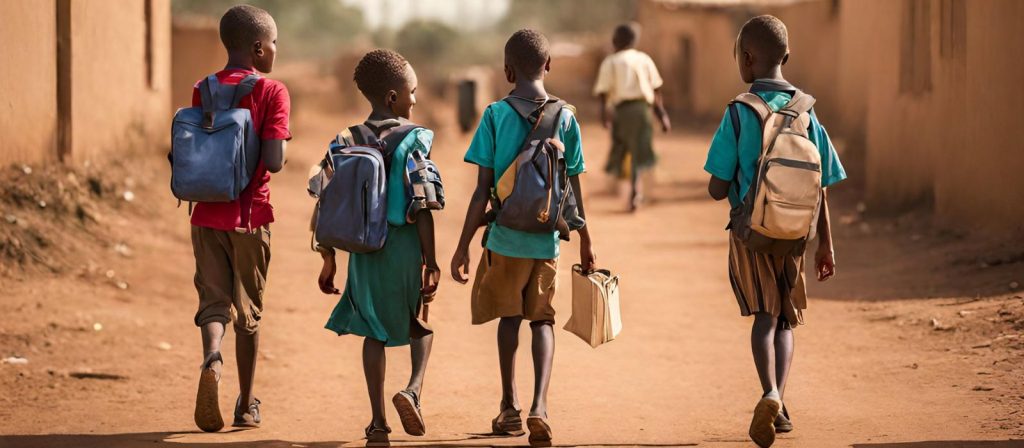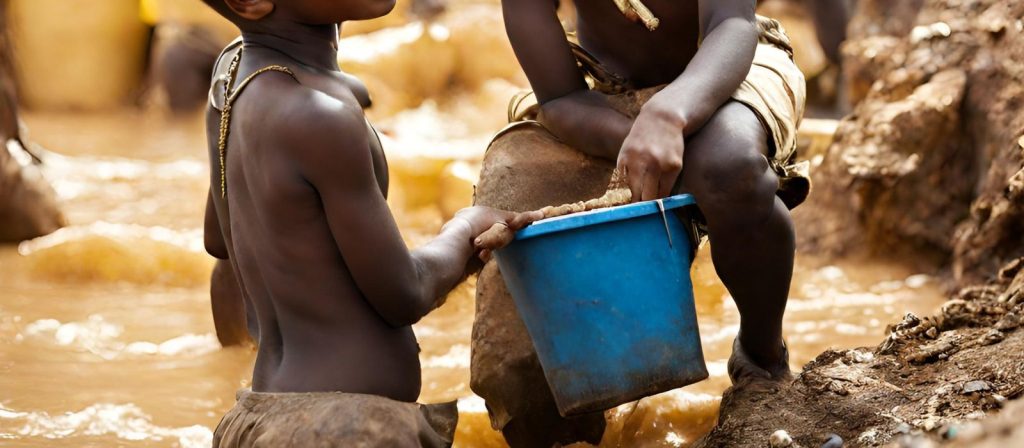Artisanal Mining and Agriculture Take Priority: The education crisis in Mashonaland West

The notion that education is the key to success resonates widely, yet in certain communities, the allure of farming and mining for minors has overshadowed the pursuit of a future through education. This predicament raises pressing questions for parents, communities, and leadership in the Mashonaland West region.
Nestled along the Angwa River, approximately 185km from Harare, lie the fertile lands and rich mining grounds of Chikuti, Kasimure, and Riverrange. Here, young children have redirected their focus from education to artisanal mining and farming. The concern deepens when parents fail to actively support and encourage these children to prioritize education.
Nixon Mukondiwa, a former resident of these areas now residing in Harare, reflects on a life tinged with regret due to choosing alternative activities over attending school.
“Farming and mining are commendable pursuits. The issue arises when one fails to value education, opting for endeavors more suitable for adulthood. If I could turn back time, my life would have embraced education, but motivation was lacking,” he lamented.
Mukondiwa emphasizes that parents bear a significant portion of the blame, as they often neglect to push their children towards education, being enticed by the immediate gains from these activities without considering the long-term benefits of education in agriculture and the inherent dangers of artisanal mining.
Another poignant testimony comes from a distressed mother who highlights the alarming consequences of these choices: “Where there is money, there are robbers and criminals. Gold carries a powerful allure that is misused. Our children are now involved in criminal activities, and it’s frightening.”
Mining activities have spawned an increase in crime, with Magweja (artisanal miners) exhibiting reluctance and mercenary behavior. This unfortunate trend leads to the initiation of children into illicit activities instead of sending them to school.
Additional interviews with locals reveal a dearth of schools and developmental stagnation in the area. The lack of attention from the local councilor exacerbates the situation, hindering residents from expressing their grievances effectively.
Flaven Nyikaramba, a resident, asserts, “If communities actively engage in educating our children to become leaders and the future of tomorrow, encouraging them to attend school, we can create a better community. We call for educational awareness campaigns to enlighten both young and adult members about the importance of education.”






